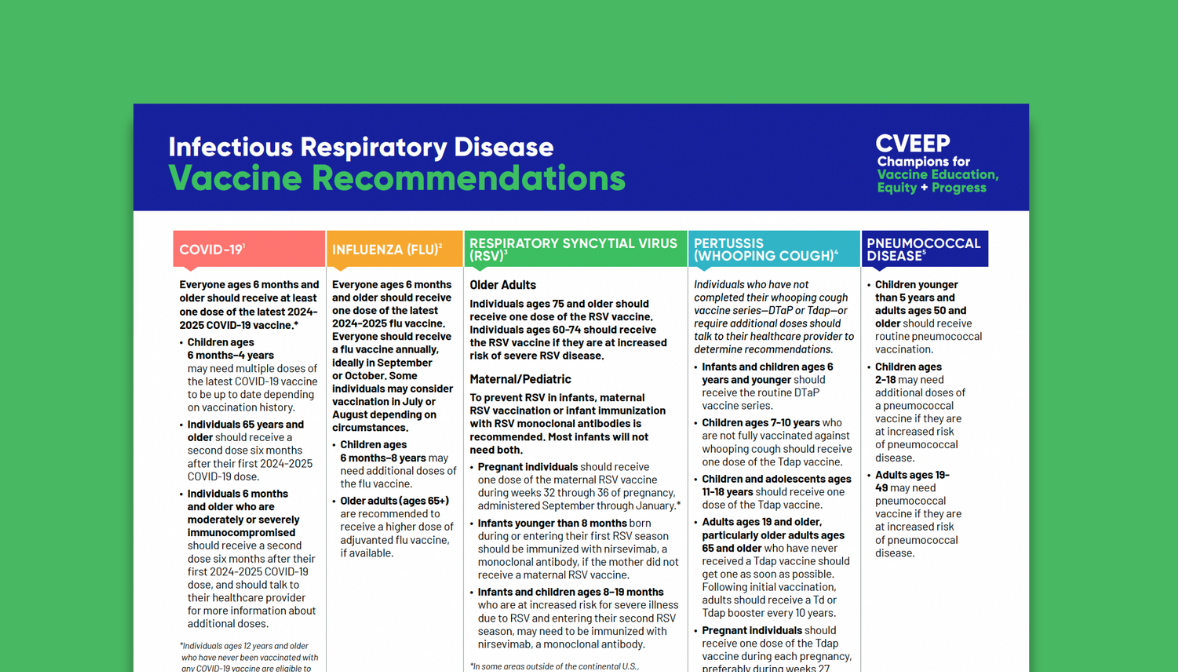

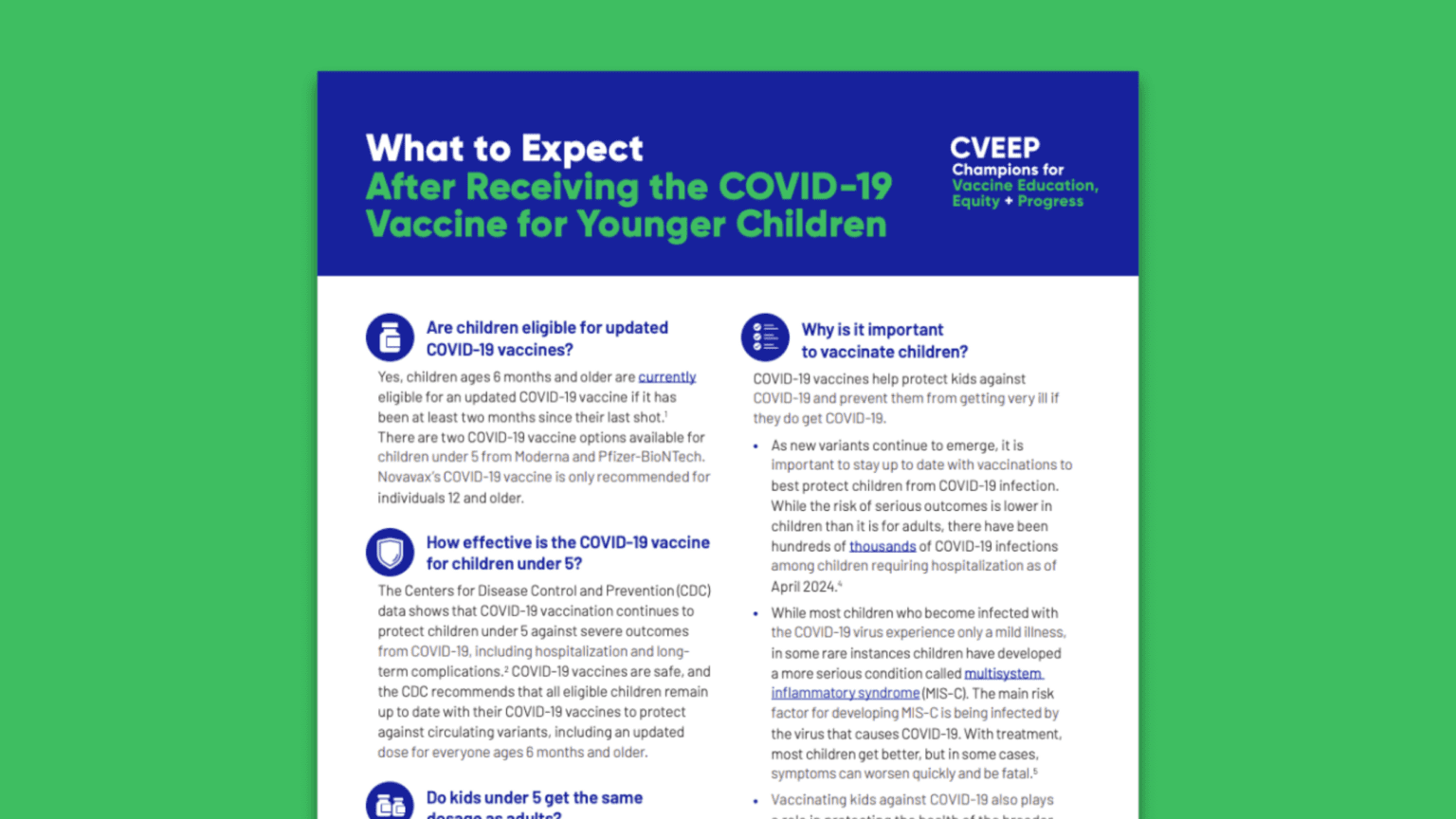
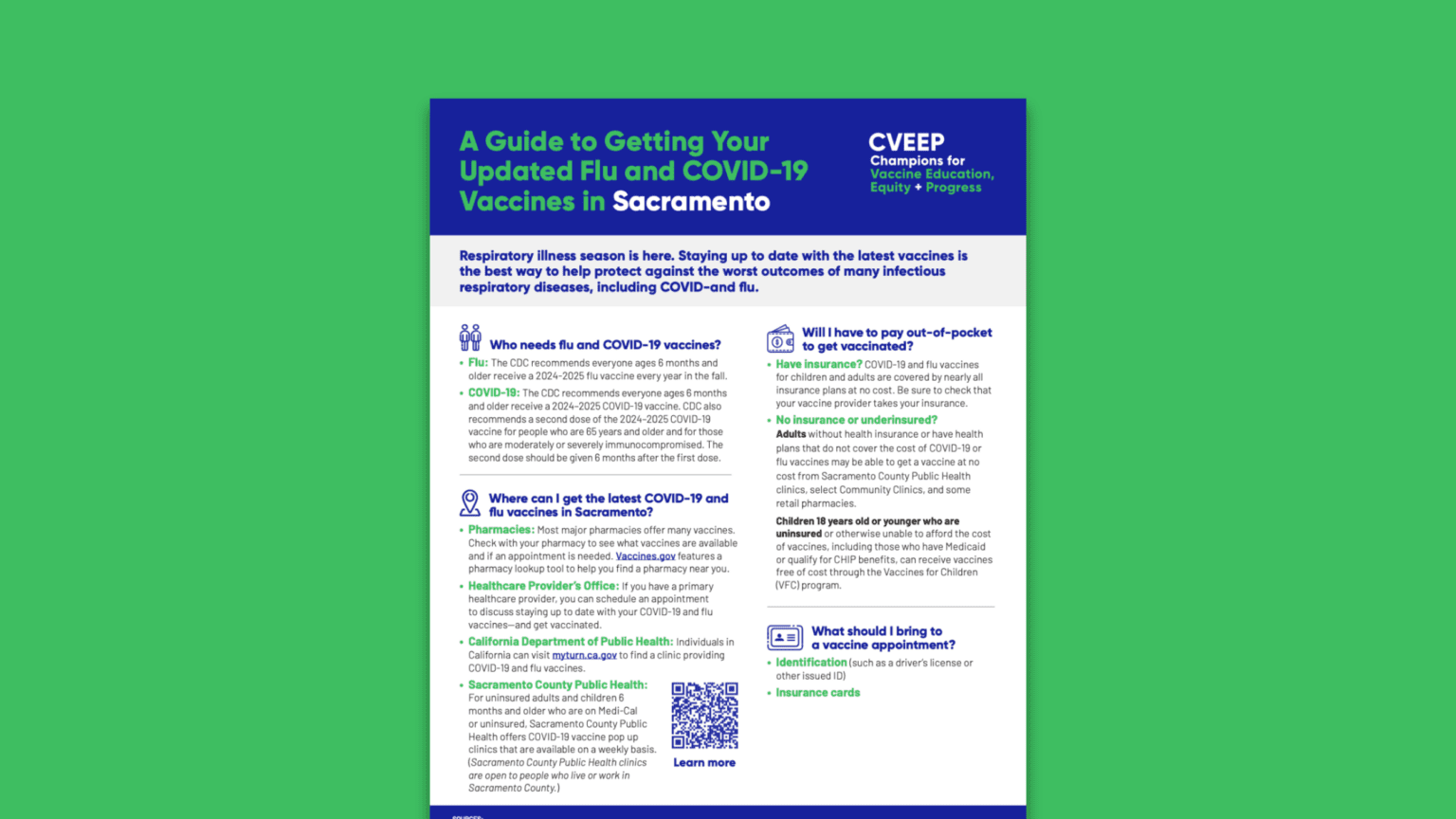
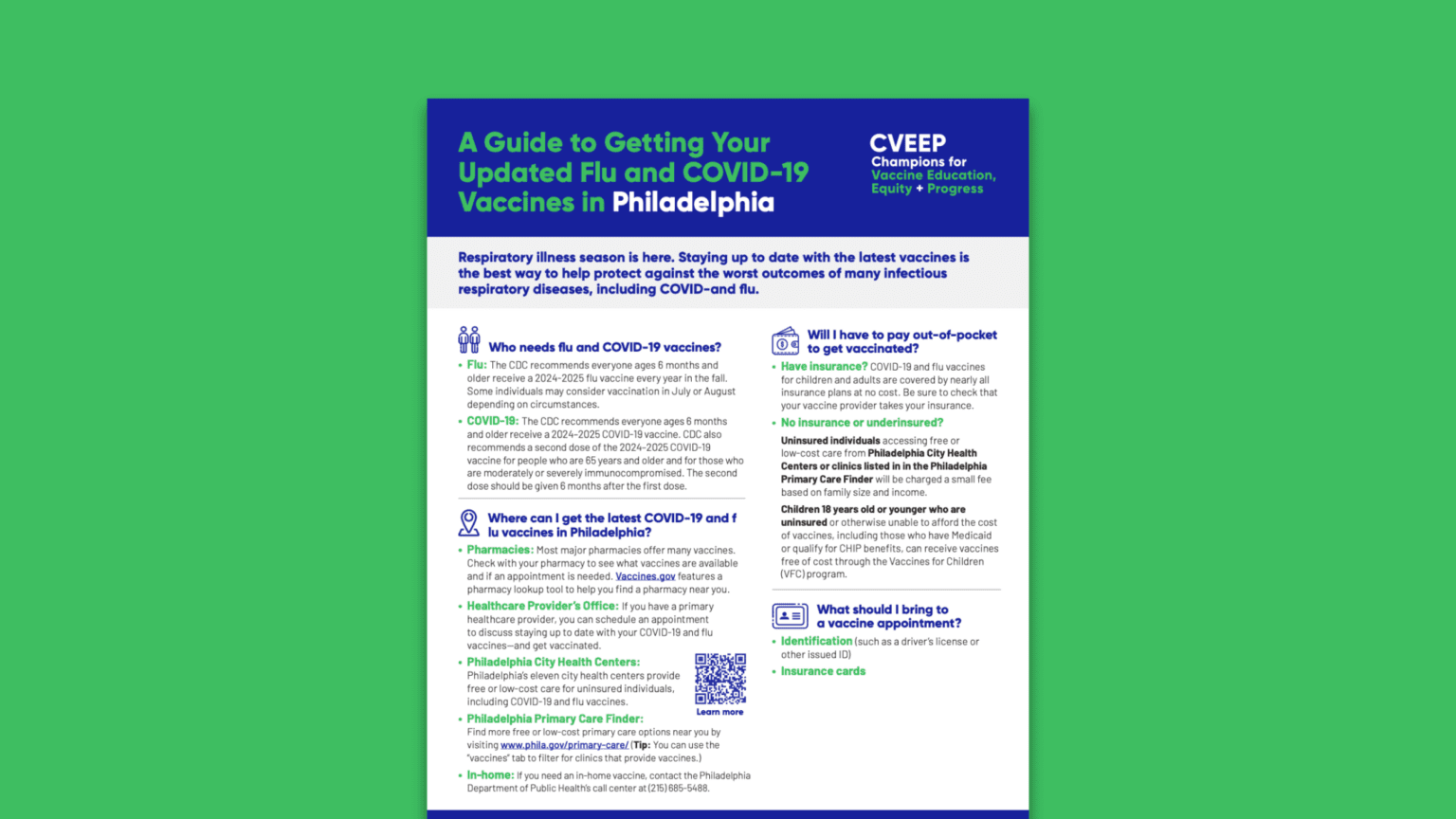
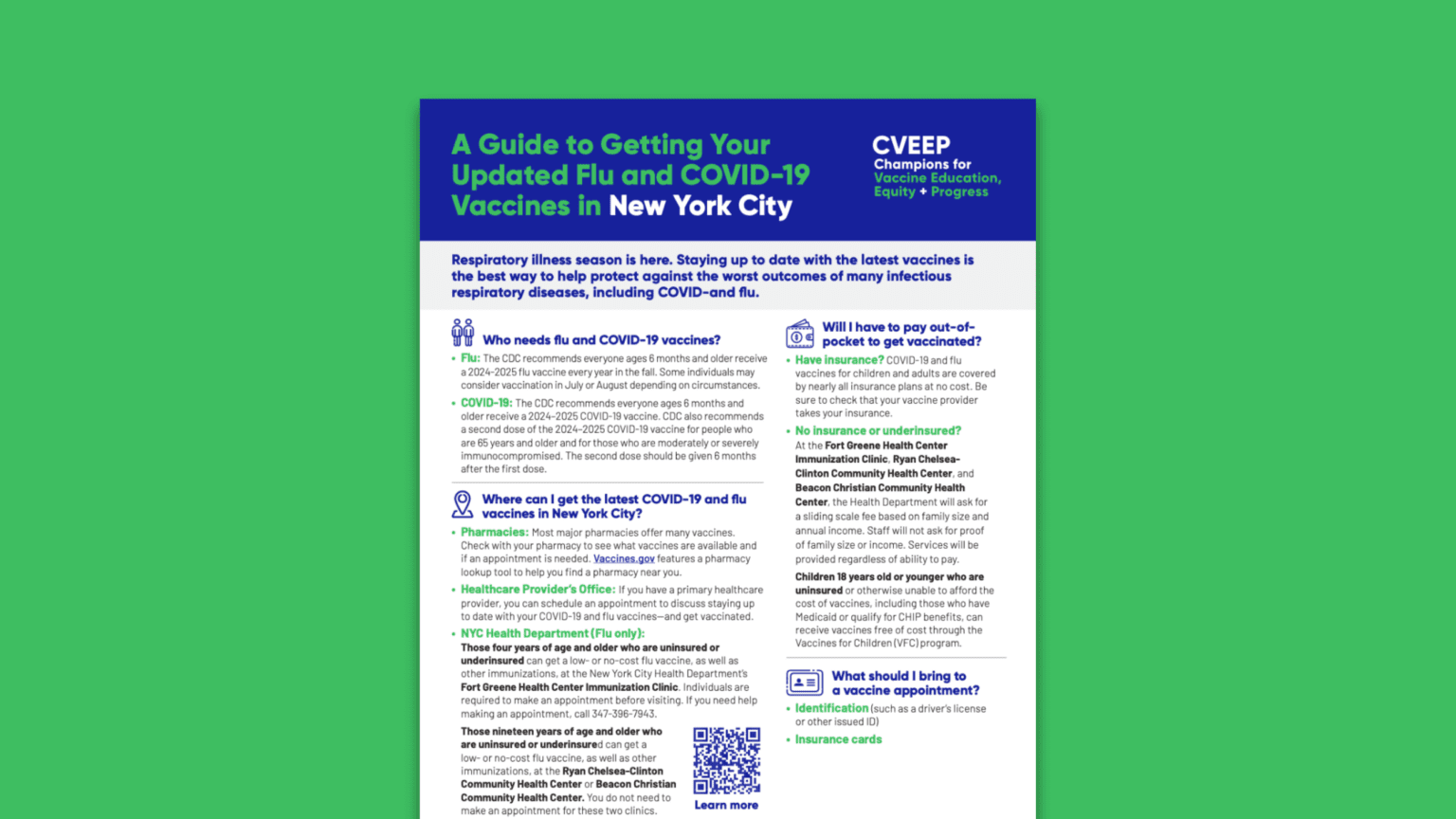
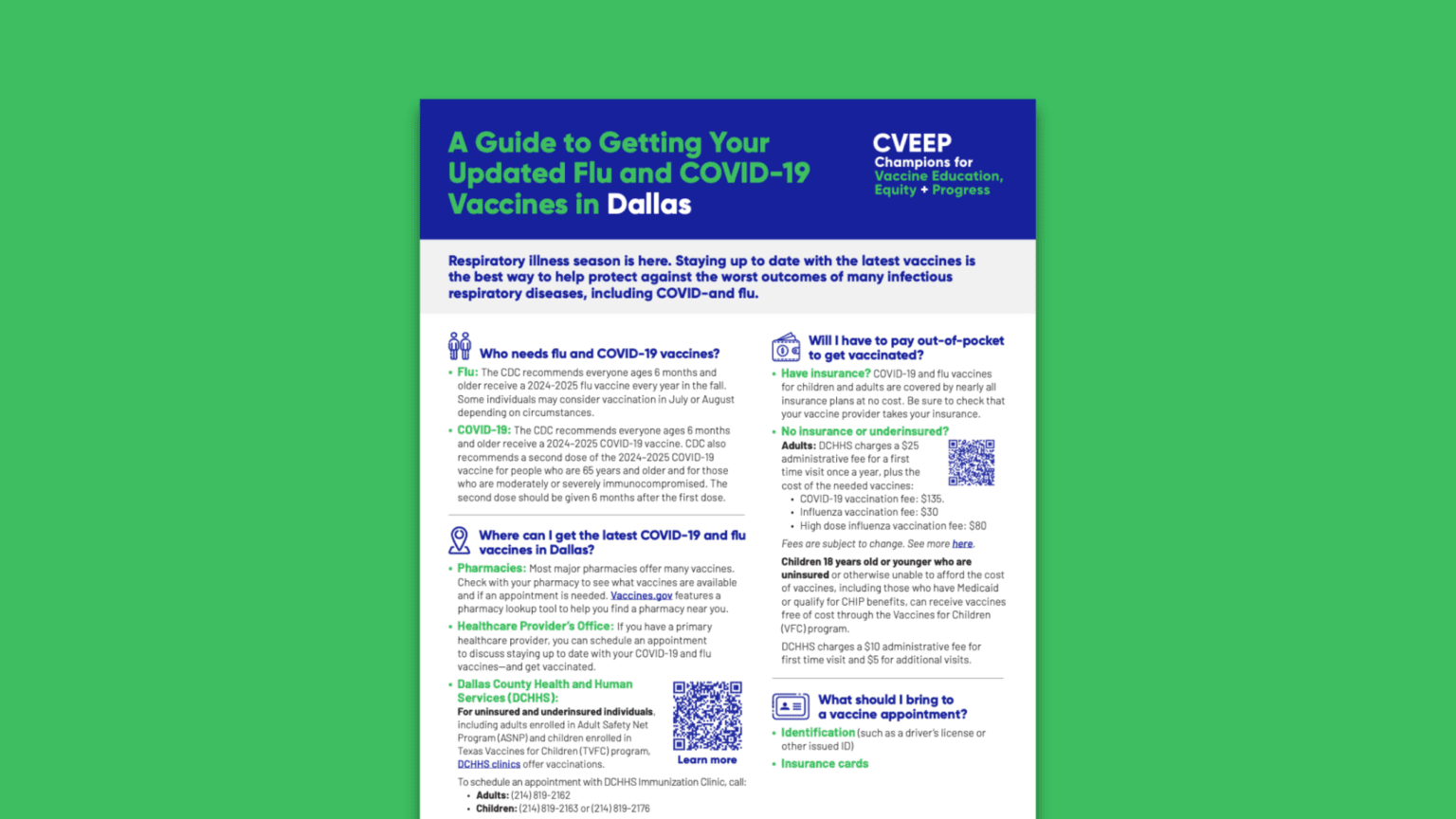
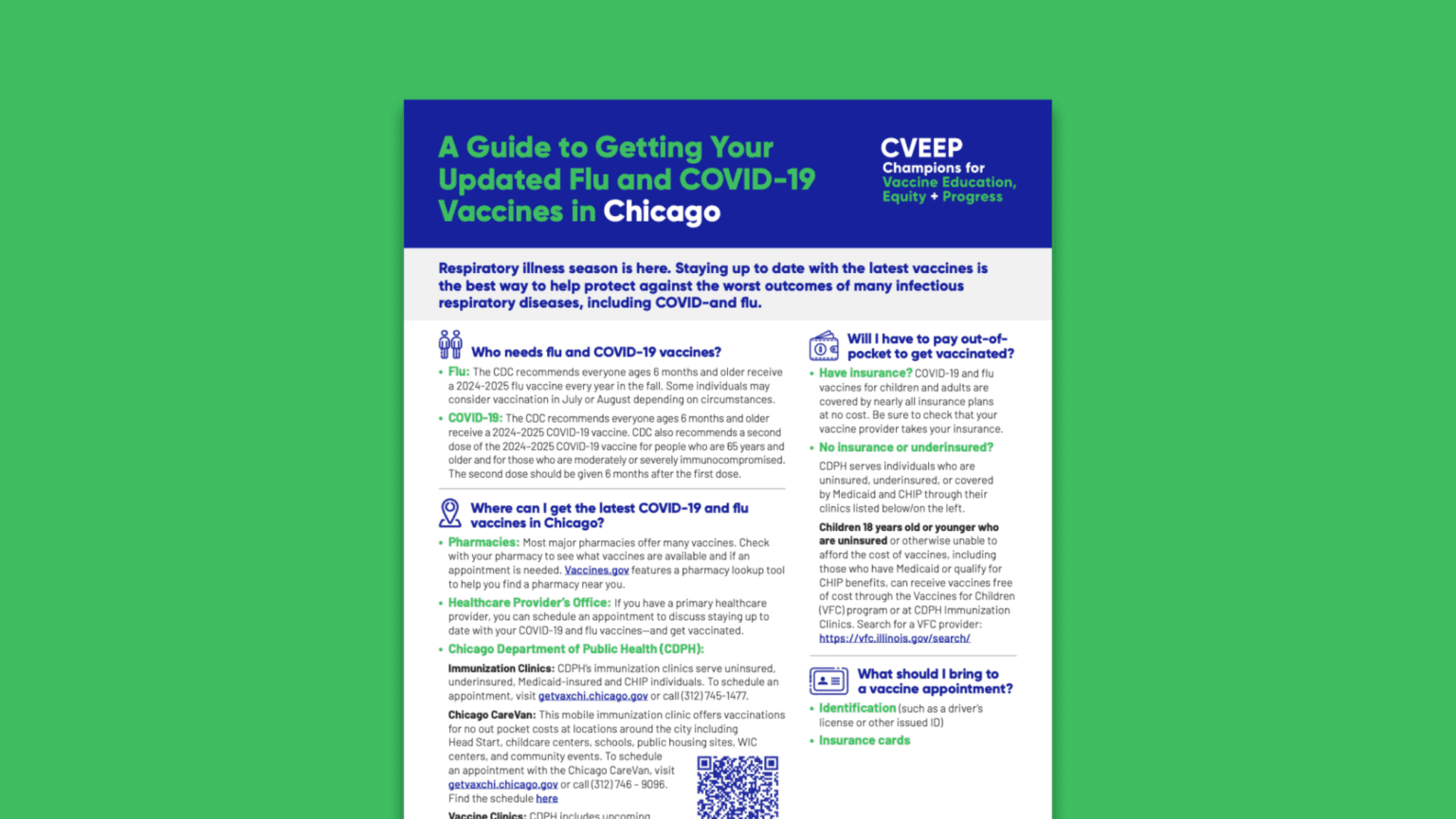
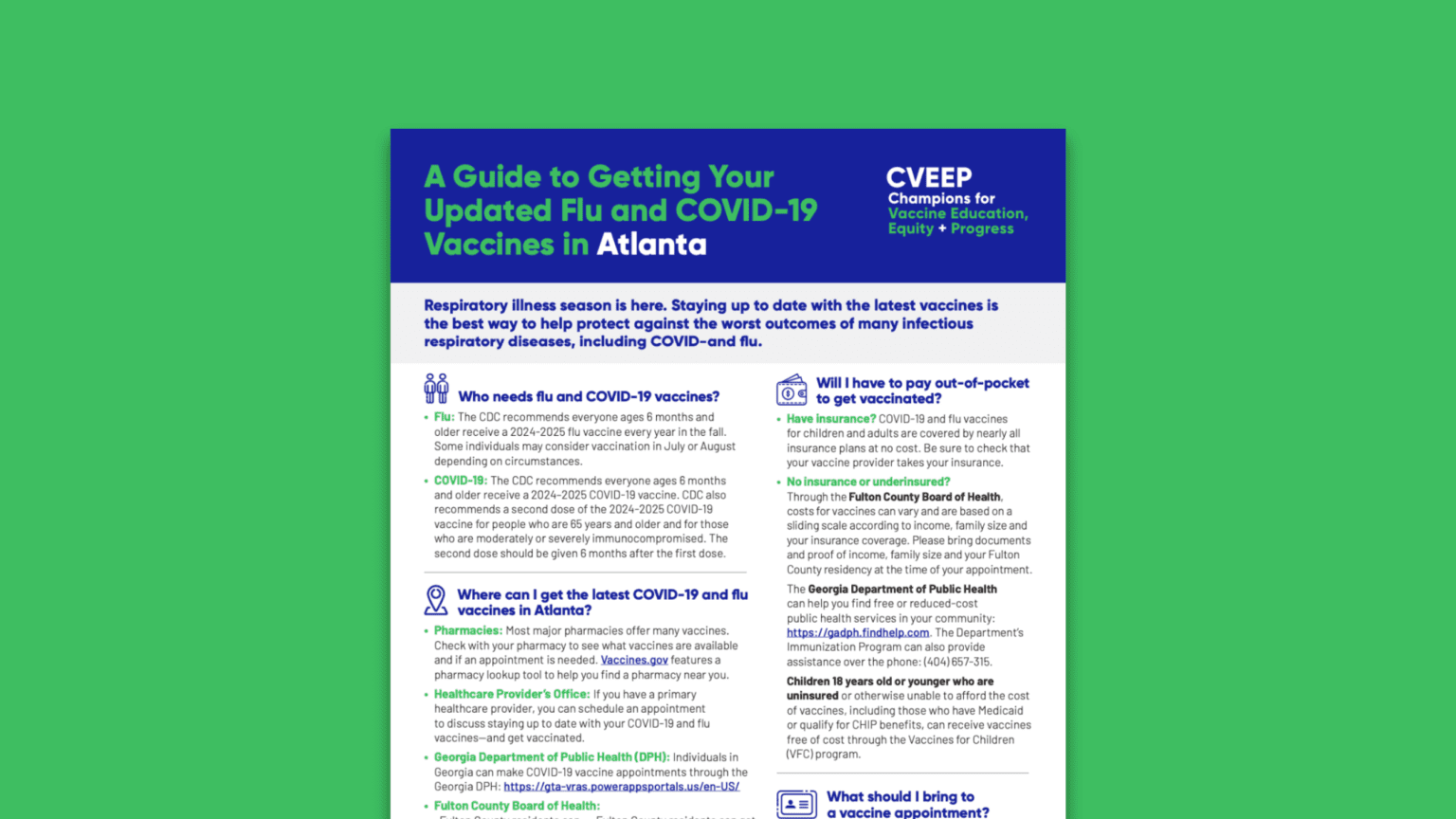
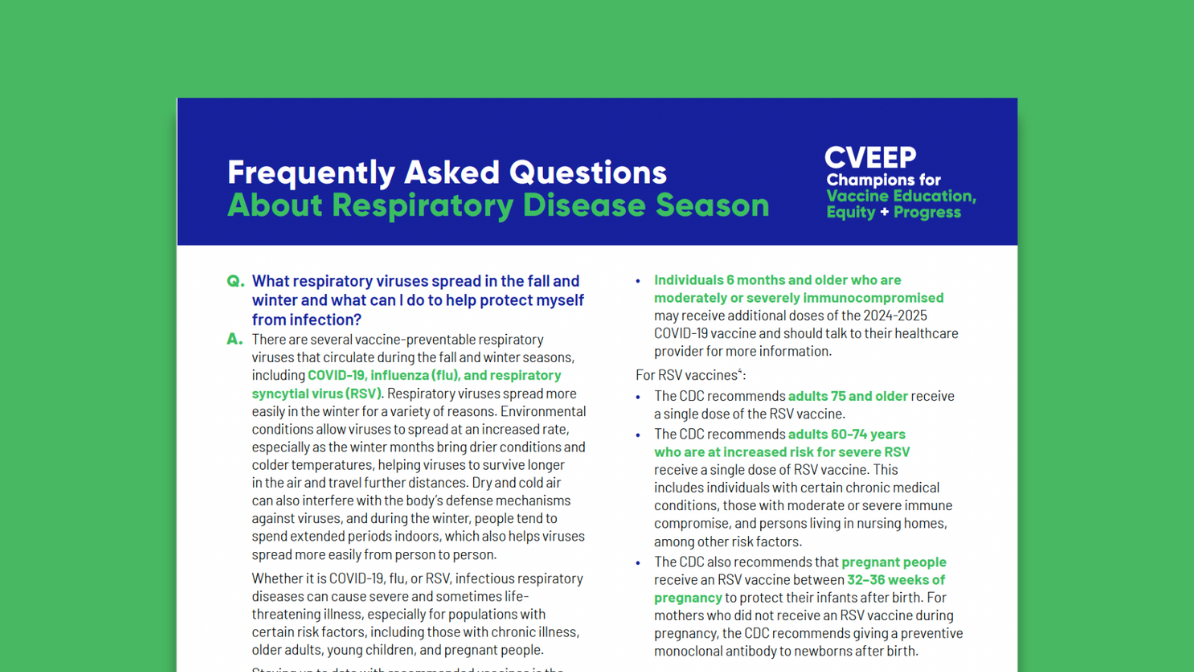
As respiratory illness season is now underway, it’s crucial for healthcare professionals and the public to stay informed on the latest guidance regarding COVID-19, flu, and RSV vaccines. The first featured a fireside chat featuring Dr. Peter Marks of the FDA, who shared key regulatory updates and highlighted the critical role of vaccines in preventing severe illness during respiratory season and beyond.
Following the fireside chat, a panel of experts analyzed the recent summer COVID-19 surge and outline what individuals need to know about receiving their updated vaccines. The panel also discussed the safety, efficacy, and feasibility of co-administering the COVID-19, flu, and RSV vaccines, while examining the current trends in vaccine uptake. By stressing the importance of timely vaccination, the panelists offered practical insights and strategies to ensure widespread protection this fall.
Panelists include: